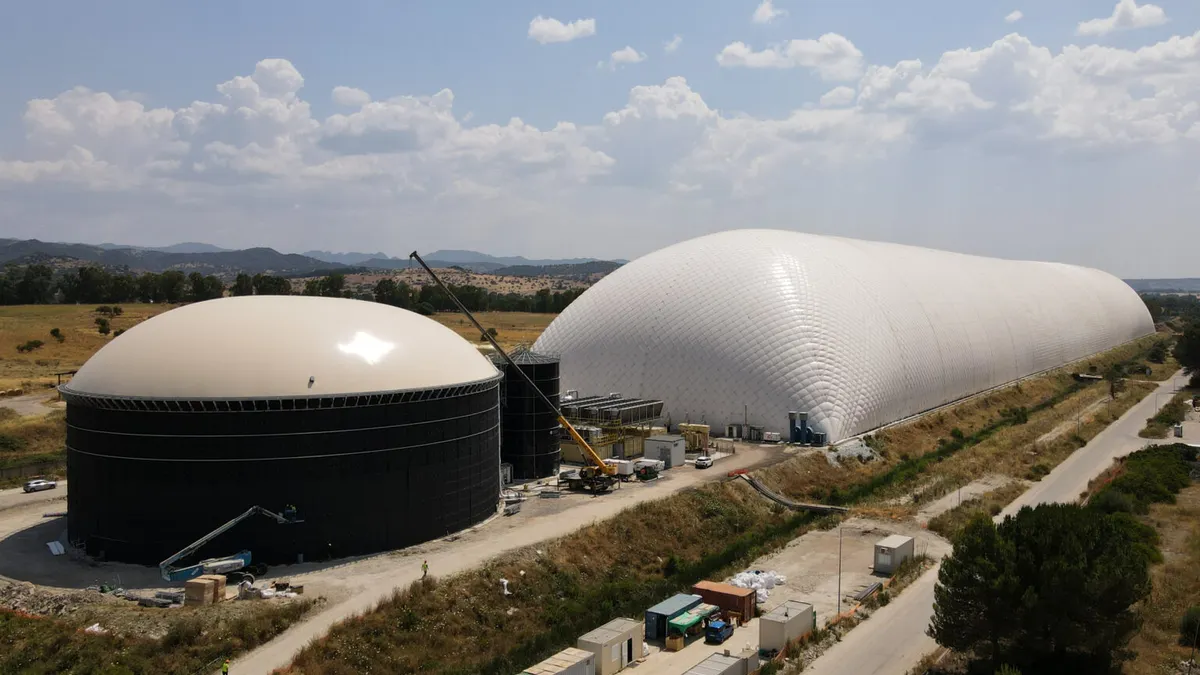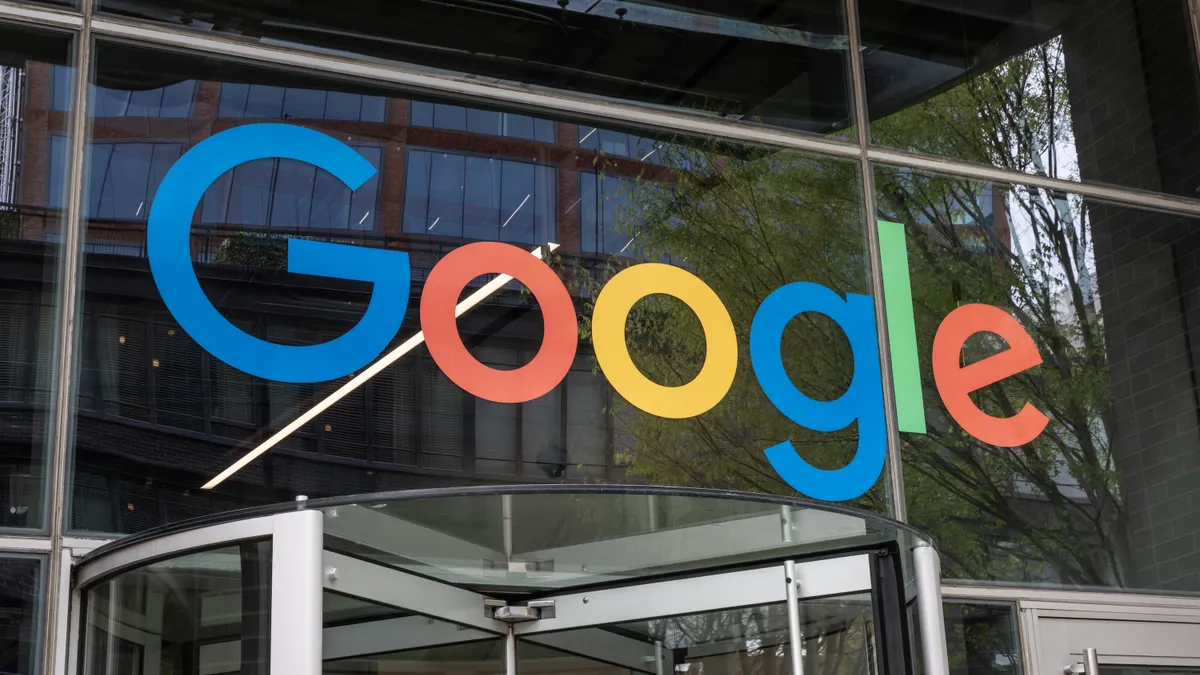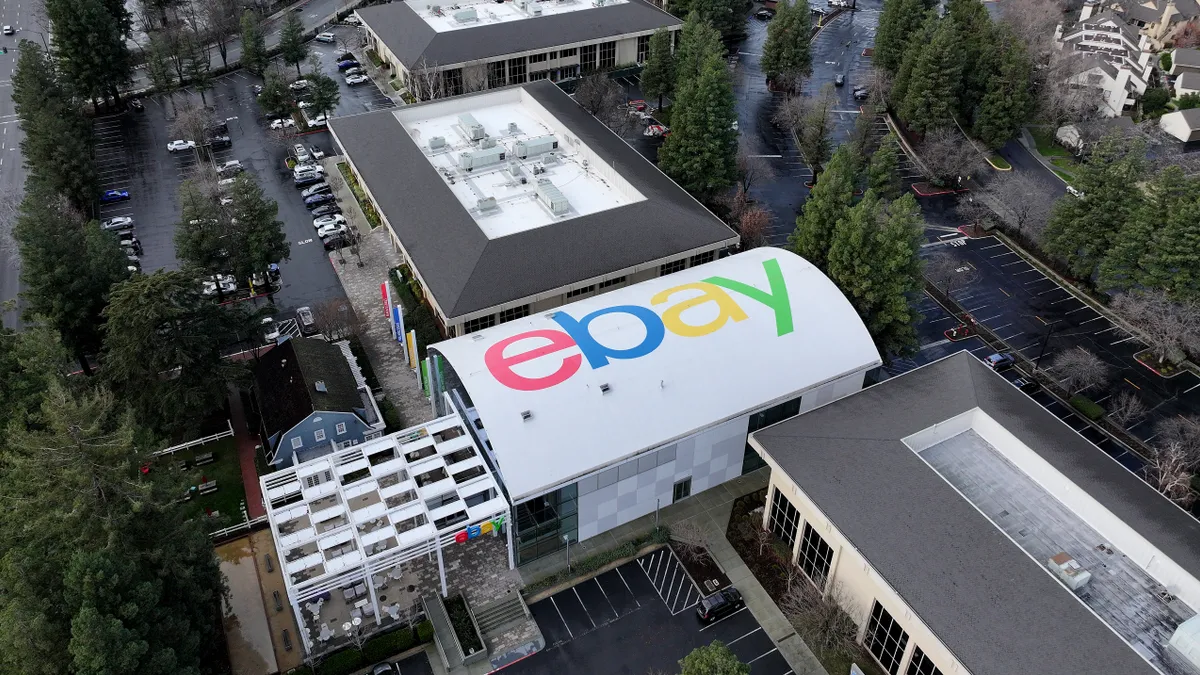Pierre-Francois Thaler is the co-founder and co-CEO of EcoVadis, a sustainability ratings provider that evaluates and scores companies and their supply chains on their ESG performance.
Sustainability in business isn’t dying. But the regulations that helped foster growing adoption of sustainable business practices are unwinding. Across the United States and the European Union, political backlash, regulatory fatigue and overly complex mandates are driving a retreat from regulatory oversight.
Now companies are stuck in a gray zone. They are expected to self-regulate but left without clear guidance on which jurisdictions will stay the course. This trend could undermine the sustainability progress made in the past five years.
A recent survey found that 87% of U.S. companies have maintained or increased their investment in sustainability efforts this year, despite regulatory uncertainty. This suggests companies are staying the course on climate commitments and attempting to meet a wide range of reporting requirements. But regulators must fill the policy vacuum with smart regulations that reward companies who invest in taking action that positively impacts people and the planet.
Regulation is retreating, and businesses are paying the price
Regulations are on thin ice globally. In the U.S., the Securities and Exchange Commission, steered by Republican leadership, has walked back proposed ESG and climate disclosure rules in an effort to distance itself from rulemaking promulgated under the previous administration.
Meanwhile in the EU, regulators are proposing to dial back what was once the most ambitious sustainability policy agenda in the world. Policymakers have proposed scaling back key provisions of the Corporate Sustainability Reporting Directive and the Corporate Sustainability Due Diligence Directive. Even recent proposed reforms to the EU’s Carbon Border Adjustment Mechanism may weaken accountability, despite claims of simplification. Regulatory debate is still shifting but the direction is clear — less burdensome requirements are best.
The assumption that companies will simply fill the gap on their own is wishful thinking.
This policy pullback is creating confusion and fragmentation. Companies are stuck trying to guess what will stick and what will change. But without consistent rules, meeting those expectations has become more complex and costly.
Self-regulation doesn’t deliver real impact
The idea that voluntary efforts alone will drive meaningful sustainability progress doesn’t hold up. History shows that self-regulation moves too slowly and often ends in isolated success stories rather than systemic change. At best, it rewards companies already ahead. At worst, it creates the illusion of progress while the real risks go unaddressed.
For example, in the United Kingdom, The Joint Committee on Human Rights found that goods being produced using forced labor are still being sold to consumers, an indication that voluntary supply chain due diligence is falling short.
Even the most committed leaders can’t do this alone. Companies need fair, consistent rules that reward serious investment — and protect them from being undercut by competitors cutting corners. Without that structure, sustainability becomes a race to the bottom, not a path to resilience.
Bad regulation is just as harmful as no regulation
The biggest problem sustainability leaders face today is that too many mandates are focused only on compliance, not sustainable outcomes. These mandates treat every business the same, regardless of their individual progress or maturity. Such regulations also ignore innovations already in use and drown teams in redundant reporting, offering little clarity or reward.
These rules don’t support change. They stall it.
Even well-intentioned companies are hitting a wall. In fact, only 13% of companies are on track to comply with deadlines across four major regulations: the EU’s CSRD and CBAM, California’s Senate Bill 253 or the Climate Corporate Data Accountability Act, and Canada’s Modern Slavery Act.
When effort goes unrecognized and penalties keep stacking up, going above and beyond for net-zero and decarbonization goals stops making business sense. The focus shifts from impact to survival, and momentum halts.
Fix the system, not the standards
The answer is adoption of smarter regulations across jurisdictions.
Smart rules raise the bar on sustainability expectations, but they also make it easier to comply. They align incentives, respect innovation, and reflect how modern businesses operate.
For instance, companies using artificial intelligence to track emissions, monitor supply chains and identify key risks in line with regulatory requirements shouldn’t be buried in paperwork. They should be recognized and rewarded. Frameworks should integrate with the AI tools companies already use. Policies should flex to fit companies at different stages of maturity.
Smarter regulations means mandates that:
- Reward measurable outcomes, not just check-box compliance.
- Recognize innovation, especially tools that improve transparency and efficiency.
- Offer flexibility, based on company size, structure, and resources.
- Streamline reporting, by aligning frameworks and eliminating redundancy.
Companies aren’t asking for less scrutiny from regulators. They’re asking for rules that make sense, and that help them focus on real results.
Companies are still leading, but they can’t go it alone
Despite the political noise, many companies haven’t backed away from complying with sustainability regulations. They’ve simply stopped broadcasting it. In fact, nearly one-third of executives surveyed by EcoVadis said they are increasing business sustainability investments but reducing public communications.
An additional 8% said they’ve stopped talking about their commitments publicly but continue to invest and stay on-plan. Sustainability efforts continue behind the scenes through supplier engagement, emissions tracking, and investments in technology that support long-term goals.
But even the most advanced companies can’t carry the weight alone forever. Without smart, consistent policy, the system will eventually break under its own complexity.
This isn’t about optics. It’s about operations. Sustainability remains a critical strategy for managing risk, staying competitive, and keeping supply chains resilient. But when the rules are unclear or constantly shifting, momentum slows, and trust erodes.


















